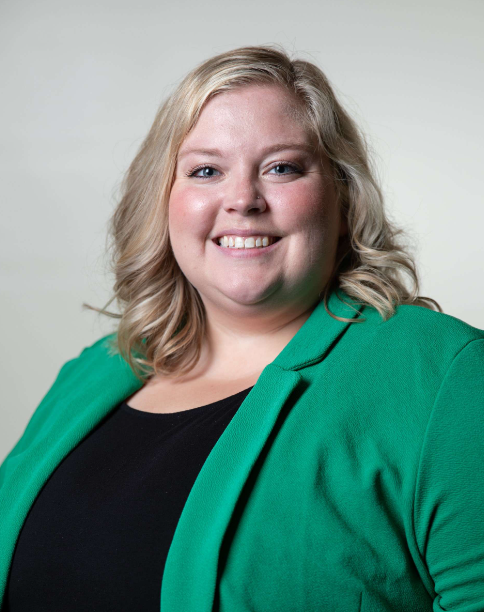
ALEXANDRA MIDDLEWOOD
Insight Kansas
As a first generation college student who is now a professor, I know firsthand the vital role libraries play in providing access to knowledge and opportunity, especially for those from underserved backgrounds.
At my university, nearly half of the student population is also first-generation, and like me, many have relied on libraries as gateways to education, technology, and personal growth. Though I didn’t grow up in the Sunflower State, my students have shown me how deeply public libraries support communities across Kansas, providing essential resources that foster learning, connection, and a brighter future.
In mid-March President Trump issued an executive order to dismantle the Institute of Museum and Library Services (IMLS) to the fullest extent possible — only Congress can fully close the IMLS as it was established by a Congressional act in 1996 — and directs the Office of Management and Budget to reject funding requests from IMLS. It is expected that Trump’s future budget requests will propose to eliminate the IMLS altogether.
This executive order puts essential library resources at risk, especially in rural and low-income communities. IMLS is the primary source of federal funding for libraries across the country and provides approximately $2.1 million in funding to Kansas public libraries annually.
With all 367 public libraries across Kansas relying on this funding, these cuts will have a widespread financial impact and deepen educational disparities across the state.
According to Ray Walling, State Librarian at the State Library of Kansas, the provided funding is “integral to the operations of all Kansas libraries. Our statewide… services could not be offered at current levels without this support.”
Some examples of how the State Library of Kansas uses these funds includes: to support the Summer Reading Program that provides summer reading materials to Kansas libraries, provide access to books for people with disabilities (e.g. Talking Books program, braille and large print books), statewide resource sharing through the Kansas Library Catalog (e.g. interlibrary loan), provide access to state documents via the Kansas Government Information Online Library, statewide access to digital collections of ebooks and audiobooks (e.g. Libby app), and the Kansas Notable Books program that recognizes outstanding titles either written by Kansans or about a Kansas-related topic.
In the past two years, IMLS also provided $10,000 to the Prairie Band Potawatomi Nation to expand the tribe’s reference library for those learning and studying the Potawatomi language and culture; just over $28,000 to Exploration Place in Wichita to provide professional development that led to expansion of the museum’s digital services, allowing them to reach every Kansas county and school district; nearly $50,000 to Independence Community College
to create a publicly accessible online catalog featuring significant playwrights, performing artists, and original manuscripts; and $71,000 to the Iowa Tribe of Kansas and Nebraska for the purpose of identifying and documenting culturally significant artifacts and artwork, including creating a virtual repository of photographs and digitized art.
Kansas ranks second in the nation for per capita library visits, reflecting the deep value Kansans place on these essential community hubs. With such high engagement, it’s clear that libraries are not only centers of learning and opportunity but also key components of daily life for Kansans.
Dismantling IMLS isn’t just a budget decision — it’s a decision that will take books out of children’s hands, limit job-seekers' access to technology, and erase vital cultural and historical resources.
Public libraries are more than just buildings filled with books; they are community hubs that empower Kansans to learn, grow, and connect.
As Dr. Seuss once said, “The more that you read, the more things you will know. The more that you learn, the more places you’ll go.” If we truly believe in fostering a future where knowledge and opportunity are within reach for every Kansan, we must work to preserve our libraries before it’s too late.
Alexandra Middlewood, PhD is an associate professor and chair of the Political Science Department at Wichita State University





